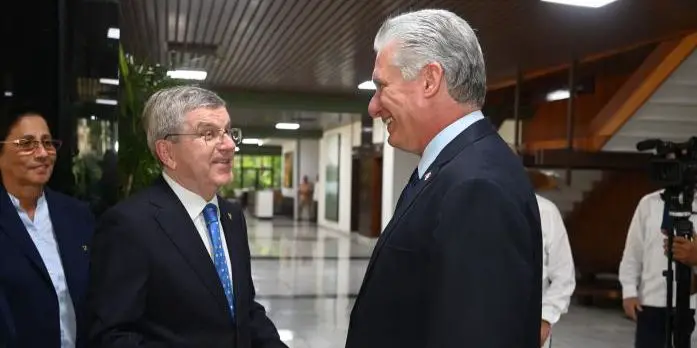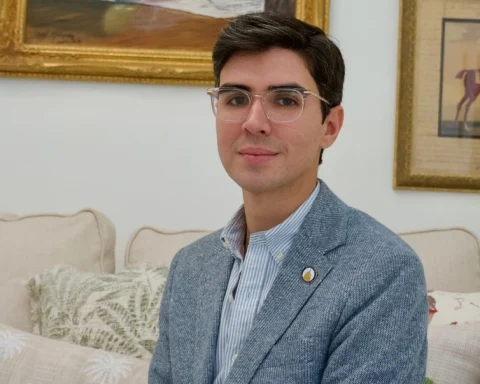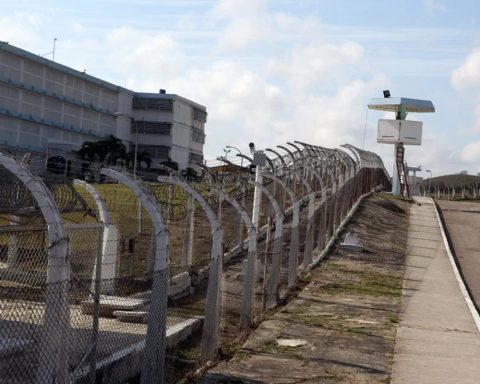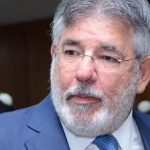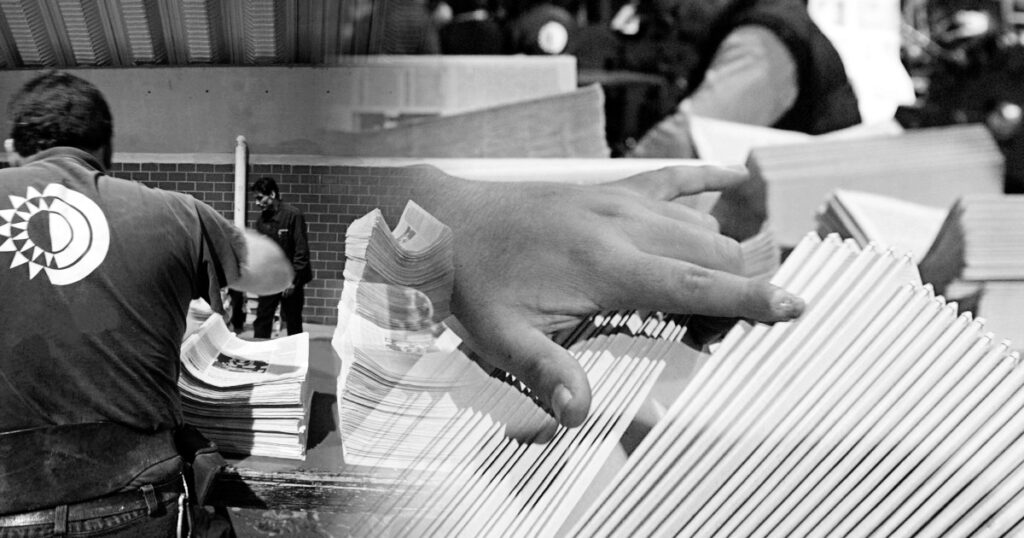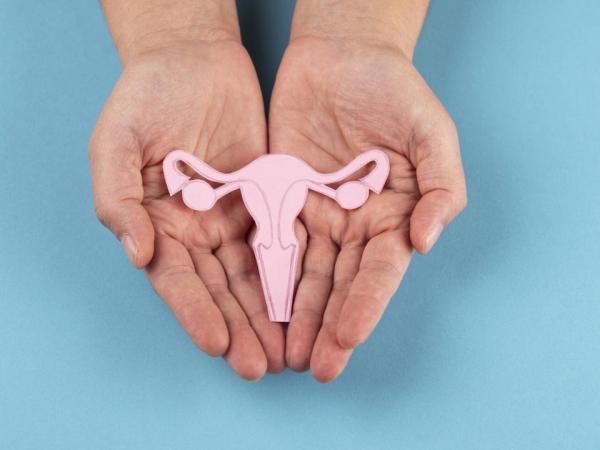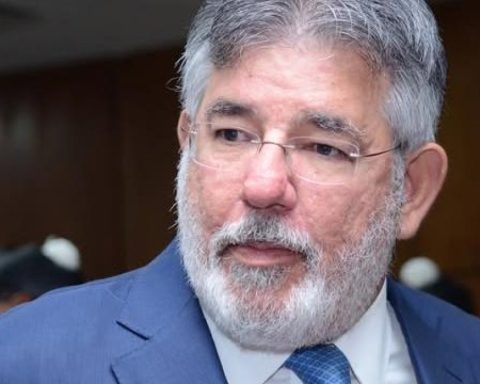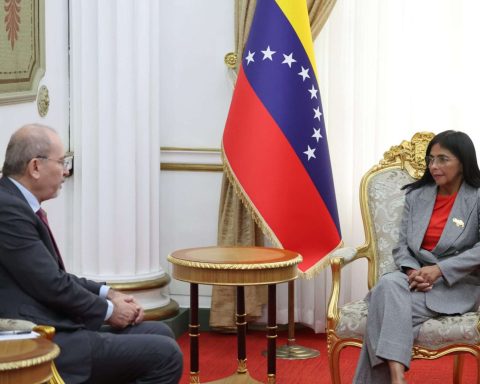Havana Cuba. – About Thomas Bach’s recent visit to Cuba, president of the International Olympic Committee (IOC), multiple details about the work of the Cuban sports movement came to the fore. However, nothing was said about that kind of historical mess that accompanies the date on which the Cuban Olympic Committee (COC) emerged.
As luck would have it, the Cuban Olympic Committee emerged on August 13, 1926. That is, the same day it came into the world in the Holguin town of Birán. Fidel Castro Ruz. It is as if the future of the COC was doomed to become related to the existence of the man who curtailed its autonomy, and who ended up directing the strings of sport on the Island as a private farm is administered.
One thing is the theoretical level, and quite another reality. Because it is established that the COC is a non-governmental entity, which is equivalent to recognizing its autonomy with respect to the centers of power. But, starting in 1959, when Fidel Castro took power, he managed to place at the head of Cuban Olympism figures more dedicated to guaranteeing political adherence to his regime – or, what is the same, the non-aspiration to autonomy― than to develop the Olympic spirit among our athletes. An example of this manager who was bent on power was Manuel González Guerra, president of the COC between 1963 and 1997.
If we were to highlight the most significant events that marked Castro’s interference in the work of the COC, we would have to start talking about the two Olympics in which the top leader decided that Cuba would not attend.
The first was the Los Angeles Olympics in 1984. The Cuban ruler, in tune with his Muscovite partners, decided to boycott those games in retaliation for the non-attendance of several Western nations at the Moscow Olympics in 1980. This attitude of the Western world was motivated by the Soviet aggression against Afghanistan in 1978. However, and since the Olympic committees of these Western nations were autonomous, many athletes were able to participate in Moscow 80 even without the approval of the political authorities of their countries.
Later, in 1988, Castro prevented Cuba from participating in the Seoul Olympics. This time through a show of solidarity with that kind of medieval dynasty that constitutes North Korea. It must be said that on this occasion the Castro boycott was not supported by almost any country, since most of the nations that were building “real socialism” attended the Korean Olympic event.
The third episode of Fidel Castro’s meddling in the actions of the Cuban Olympic Committee took place in 2002, when athletes from the island were prohibited from participating in the Central American and Caribbean Games that were held in the Salvadoran capital.
Two years earlier, during the Ibero-American Summit in Panama, the then president of El Salvador, Francisco Flores, had told the Cuban ruler a truth that his egomania could not assimilate: “We have been very patient with you, Mr. Castro, because you have the hands stained with the blood of the Salvadoran people”. It was enough for the docile COC to declare that Cuba was not going to those games due to “security reasons”.
And now, when the Island welcomes Thomas Bach, the ruler Miguel Diaz-Canel declares that “Fidel always raised, since the triumph of the Revolution, sport as the right of the people.”
But what the heir to the Castros did not refer to was the not inconsiderable number of Cuban athletes who saw their best moments go by without being able to participate in events where they had chances of triumph. All because of the arrogance of the unwanted “twin brother” of the Cuban Olympic Committee.
OPINION ARTICLE
The opinions expressed in this article are the sole responsibility of the person who issues them and do not necessarily represent the opinion of CubaNet.
